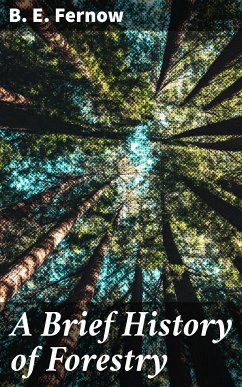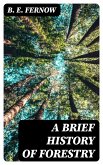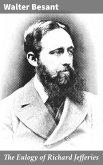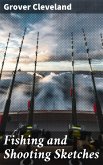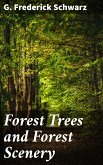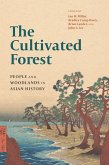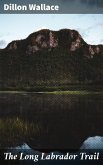In "A Brief History of Forestry," B. E. Fernow presents a comprehensive exploration of the evolution of forestry practices, interweaving historical perspectives with scientific insights. The book examines key developments in forestry, tracing its roots from ancient practices to modern sustainable management techniques. Fernow's literary style is both accessible and engaging, employing a didactic tone that educates without overwhelming the reader. This work stands as a pivotal text in environmental literature, highlighting the interplay between human activity and forest ecosystems while contextualizing forestry within broader environmental and economic frameworks. B. E. Fernow, often referred to as the father of forestry in North America, was profoundly influenced by his extensive training in Europe and his commitment to sustainable land use. His professional journey reflects a dedication to transforming forestry from a largely exploitative practice into a scientifically informed discipline. This academic background and his practical experience culminate in this seminal work, where he strives to advocate for responsible management of forest resources and the recognition of their ecological significance. For scholars, environmentalists, and anyone interested in the intricate relationship between humans and forests, "A Brief History of Forestry" is an essential addition to your library. Fernow's insightful analysis provides a critical understanding of the historical context of forestry, offering valuable lessons for contemporary environmental challenges. This book not only stimulates reflections on the past but also inspires forward-thinking approaches to forest management.
Dieser Download kann aus rechtlichen Gründen nur mit Rechnungsadresse in A, B, BG, CY, CZ, D, DK, EW, E, FIN, F, GR, H, IRL, I, LT, L, LR, M, NL, PL, P, R, S, SLO, SK ausgeliefert werden.

